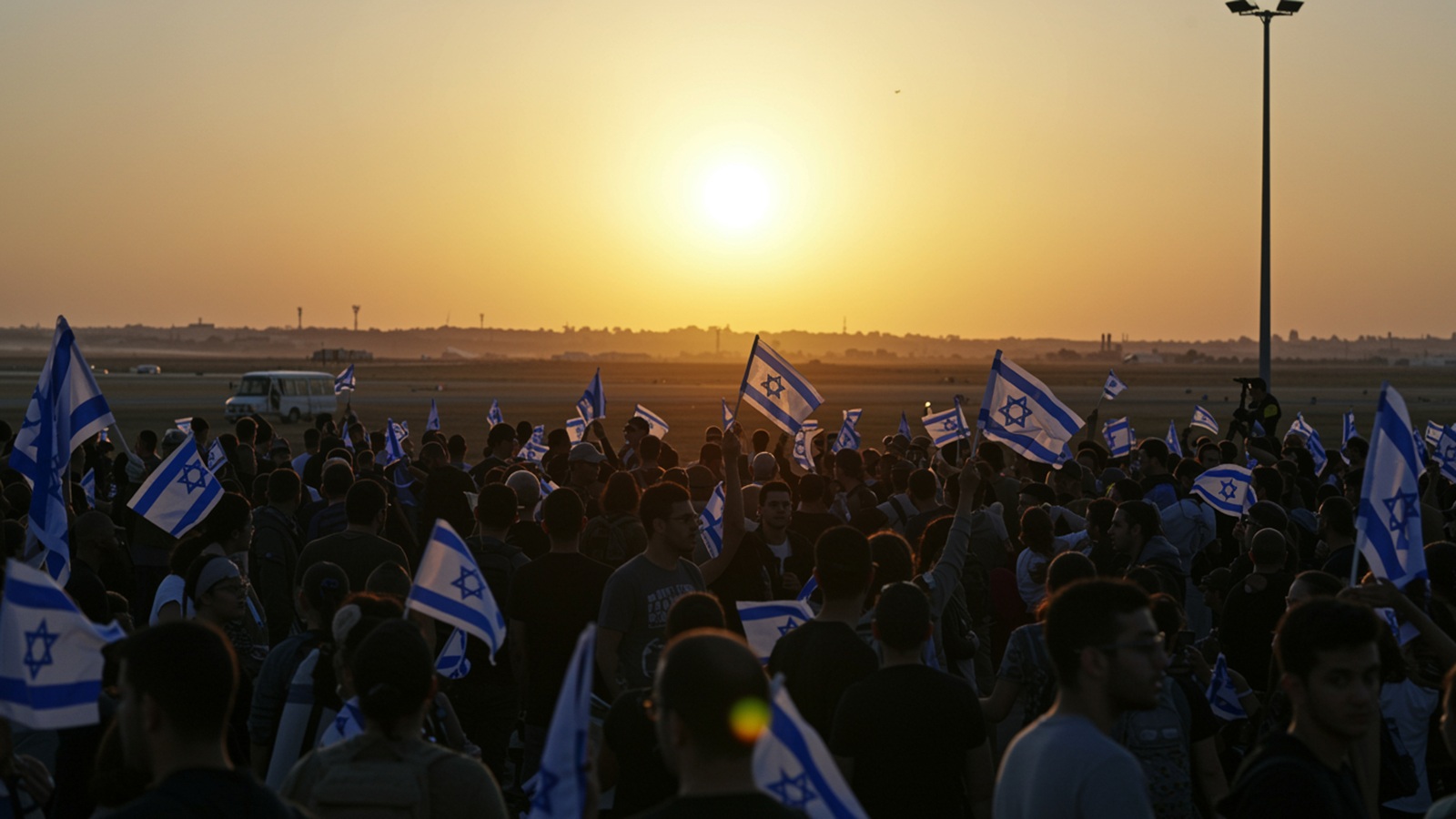We Defeated Our Enemies, but Lost Ourselves From Within
Maariv, Israel, October 12
There are moments in history so defining that they hold the power to reshape a nation’s future. In the coming days, we are poised to witness one of those moments. Two years after the darkest tragedy in Israel’s history—a war marked by blood, anguish, and extraordinary courage—we will finally see the kidnapped return home.
Israel, a small nation rooted in a deep Jewish tradition that sanctifies life and mutual responsibility, has always regarded every abducted citizen as family. Beyond politics and ideology, the longing for their safe return unites the country in rare and sacred solidarity.
Yet the question now is: What kind of Israel will they return to? The Israel awaiting the hostages is, in some respects, stronger and safer. The country has managed to dramatically weaken its greatest external enemies—Iran, Hezbollah, and Hamas—dismantling infrastructures and removing, at least for the coming years, threats that on October 7 and in the long, harrowing months that followed, proved existential.
Still, while the external front is more secure, the internal one is dangerously fragile. The hostages will return to a nation whose social fabric is even more torn than it was on the day of their abduction.
We had vowed never to return to the bitter divisions of October 6, yet we find ourselves there again—only worse. On the eve of that massacre, Israeli society was already fractured by deep political and cultural rifts. Two years later, after unrelenting war and immense loss, the pain and polarization have only deepened.
Give the gift of hope
We practice what we preach:
accurate, fearless journalism. But we can't do it alone.
- On the ground in Gaza, Syria, Israel, Egypt, Pakistan, and more
- Our program trained more than 100 journalists
- Calling out fake news and reporting real facts
- On the ground in Gaza, Syria, Israel, Egypt, Pakistan, and more
- Our program trained more than 100 journalists
- Calling out fake news and reporting real facts
Join us.
Support The Media Line. Save democracy.


This must change, immediately and decisively. We owe it to the returning hostages, to the bereaved families, and to the soldiers who gave their lives to begin an era of repair.
This must be a time when problems are not buried but confronted head-on; when a new social contract is forged, anchored in shared service and shared responsibility; when fair democratic norms are restored, trust in state institutions rebuilt, and a national commission of inquiry established by broad consensus.
It must also be a time when we address endemic issues—eradicating crime in Arab communities, reforming an education system that can prepare our children for the age of artificial intelligence, and, above all, forming a broad Zionist government capable of reducing polarization and preparing Israel for the future.
External strength means little if internal unity crumbles. The war proved that Israelis can fight side by side when survival demands it, but it also exposed how divided we remain on how to live together afterward.
The moral debt we owe to the hostages and to the families of the fallen cannot be repaid through words or ceremonies—it must begin from below, with the people themselves.
Every citizen, every public figure, every journalist must ask: Where have I contributed to our disunity, and how can I now contribute to our healing? Responsibility—personal and collective—must replace blame.
As written in Pirkei Avot: It is not your duty to finish the work, but neither are you at liberty to neglect it. We may not resolve every problem in our time, but we are bound by duty to labor for the repair of our society.
That work began with the heroic war our soldiers have fought for two long years. It continues now, with the homecoming of those who were kidnapped into an Israel made somewhat safer by their sacrifice.
But its fulfillment depends on our willingness to heal from within—to restore moral clarity, social cohesion, and national purpose. Only then will Israel’s internal resilience match its external might, and only then will its security endure.
Yoav Heller (translated by Asaf Zilberfarb)

